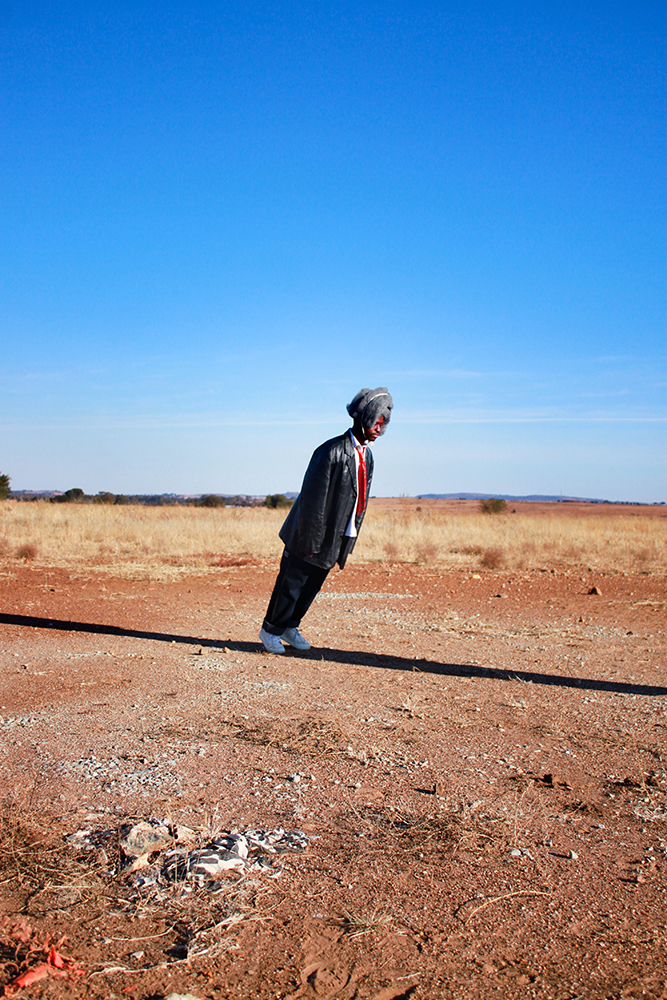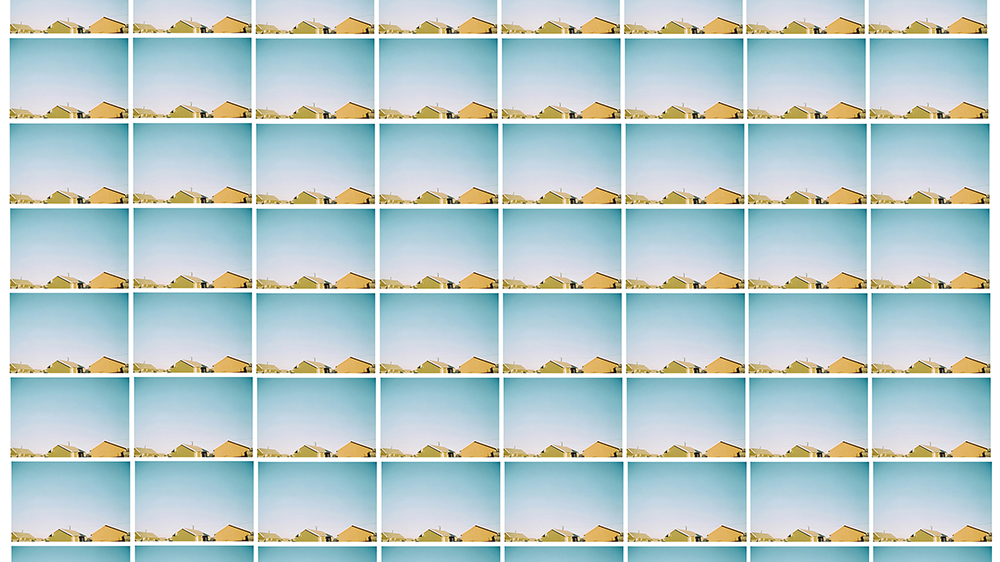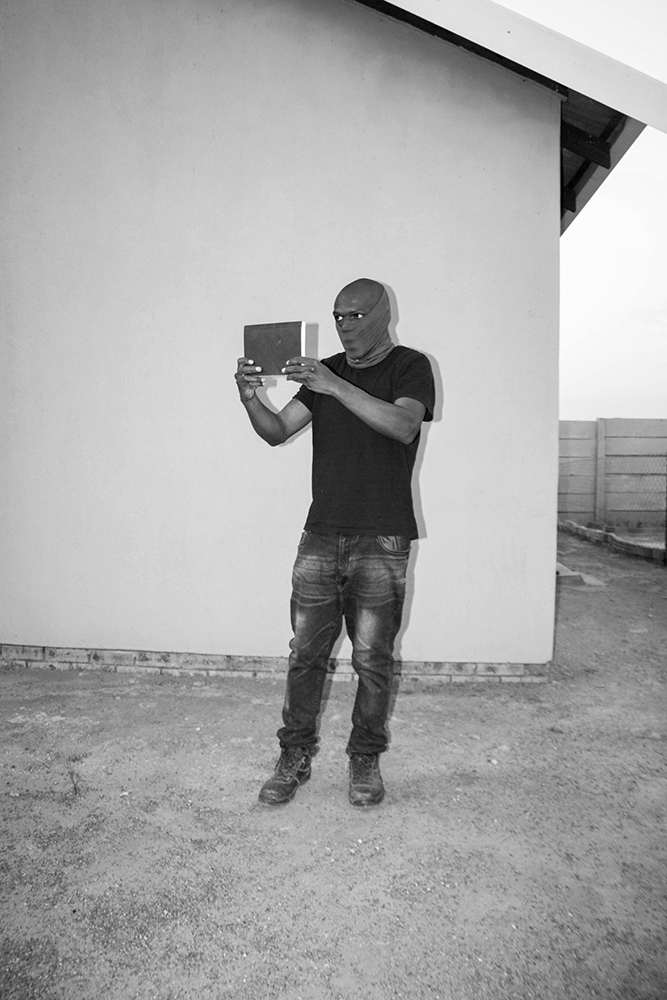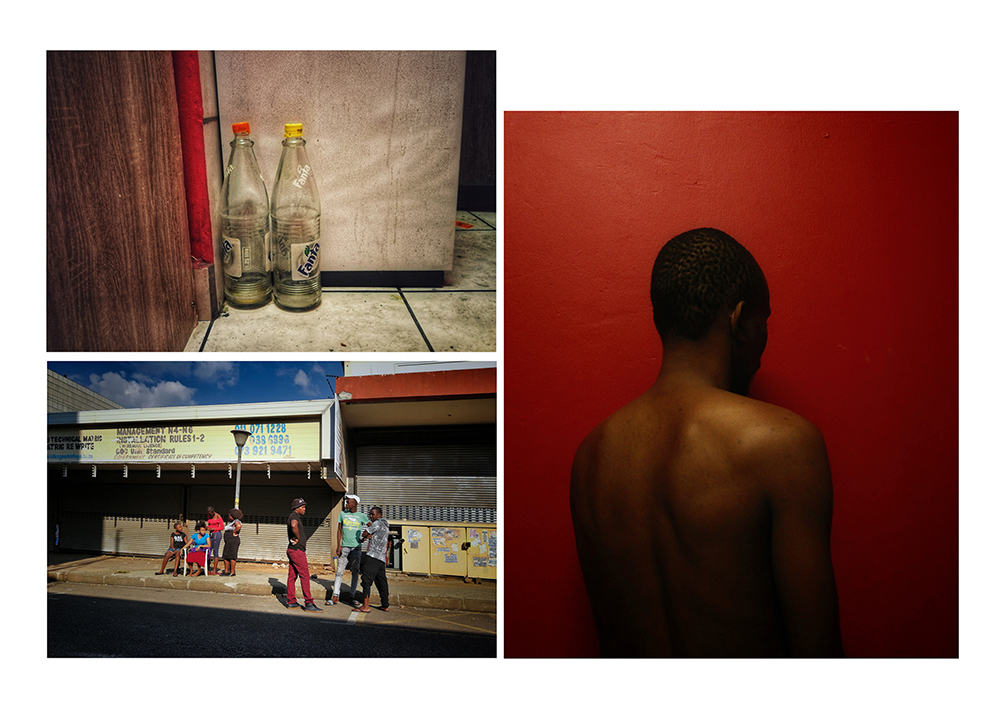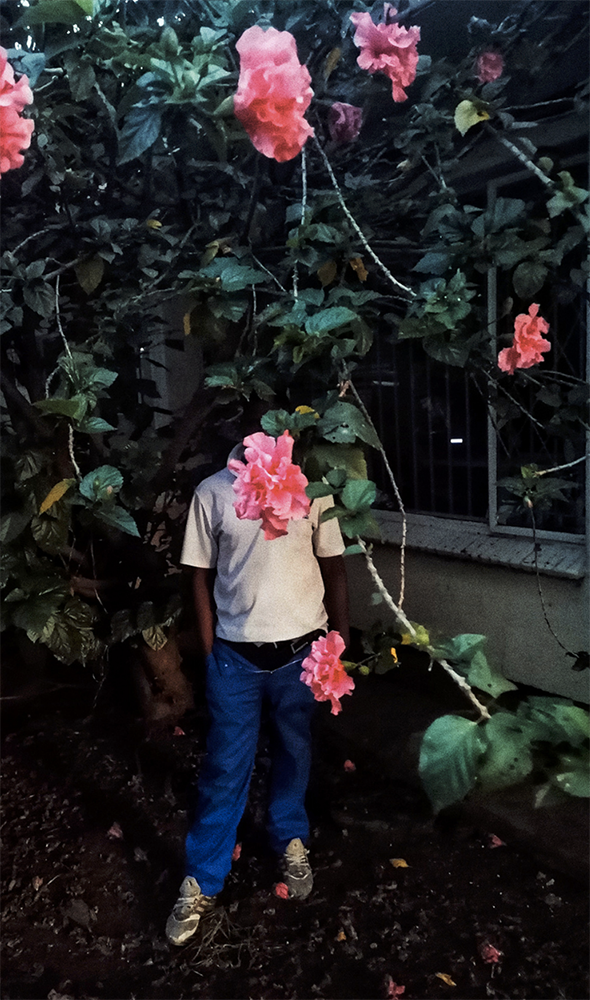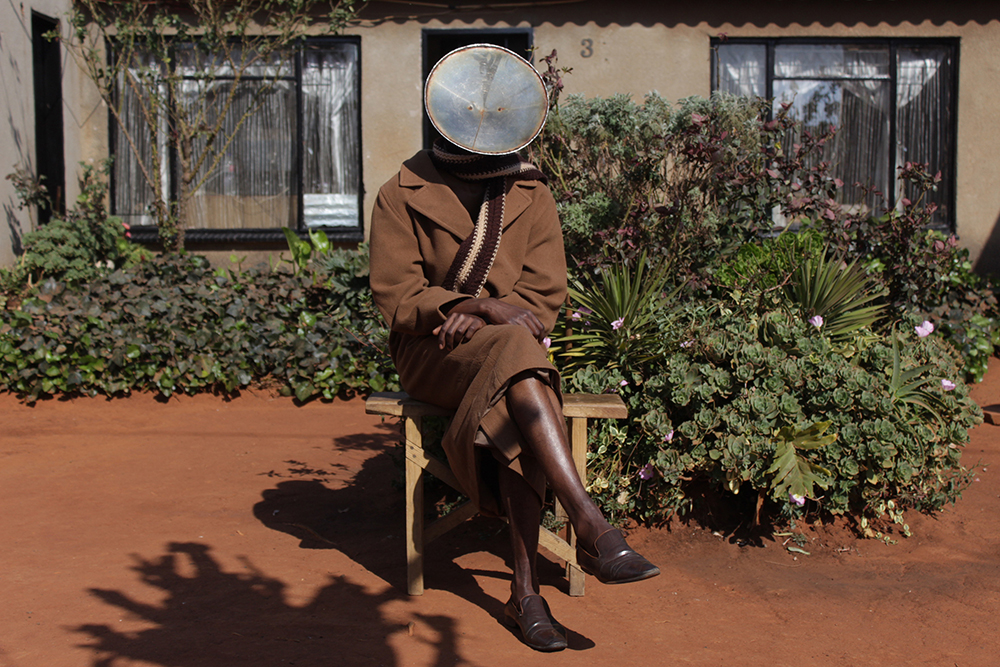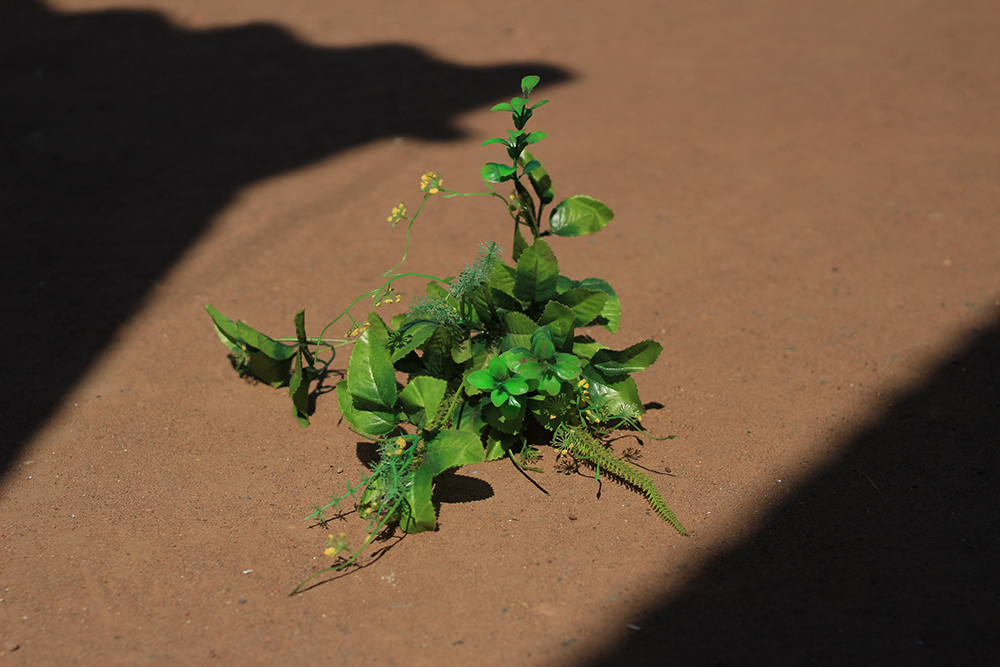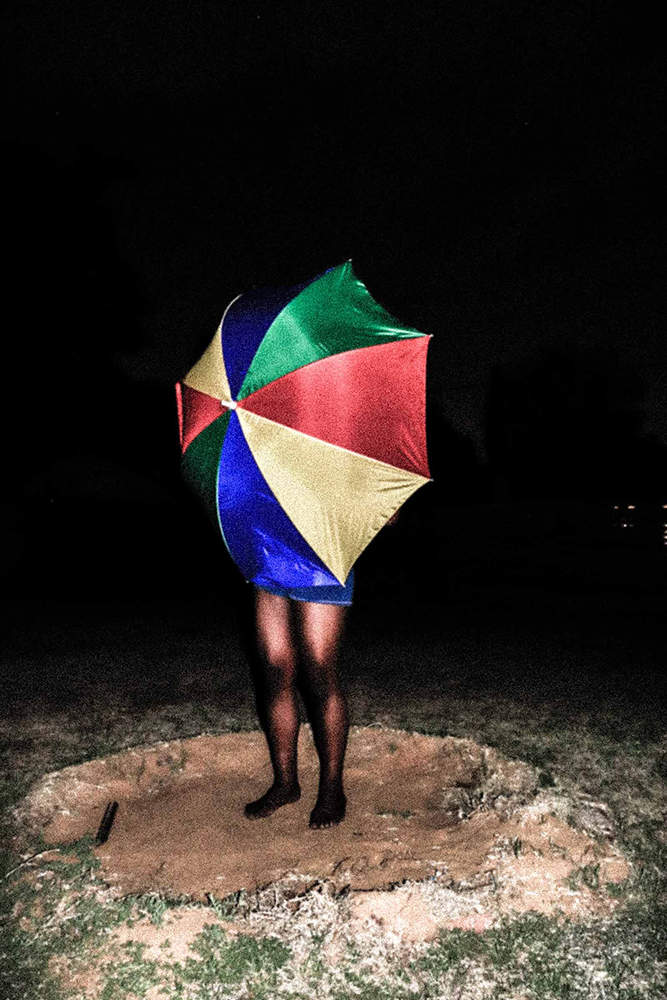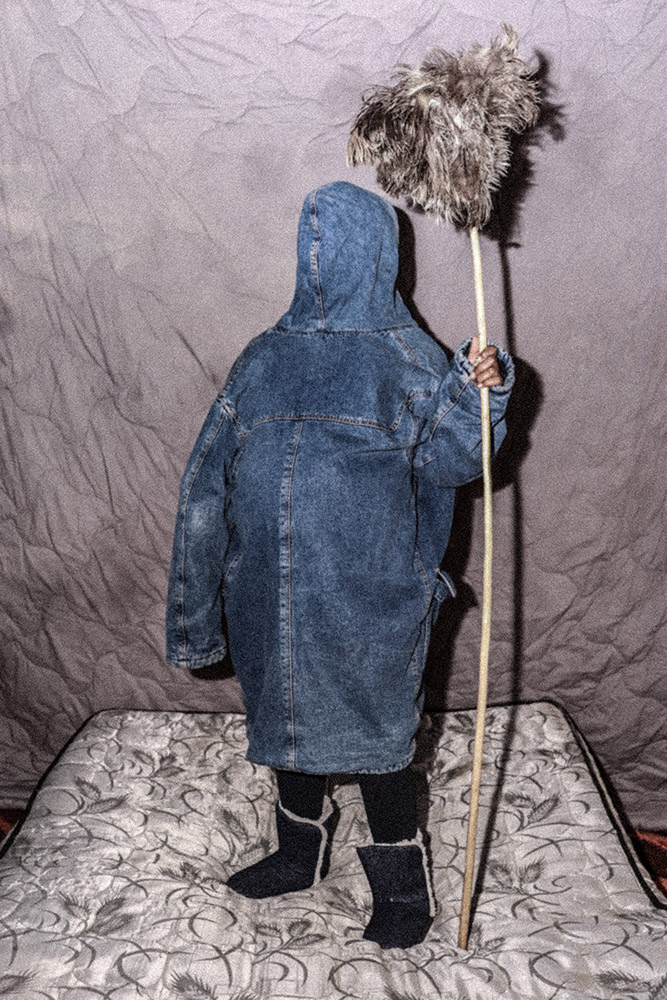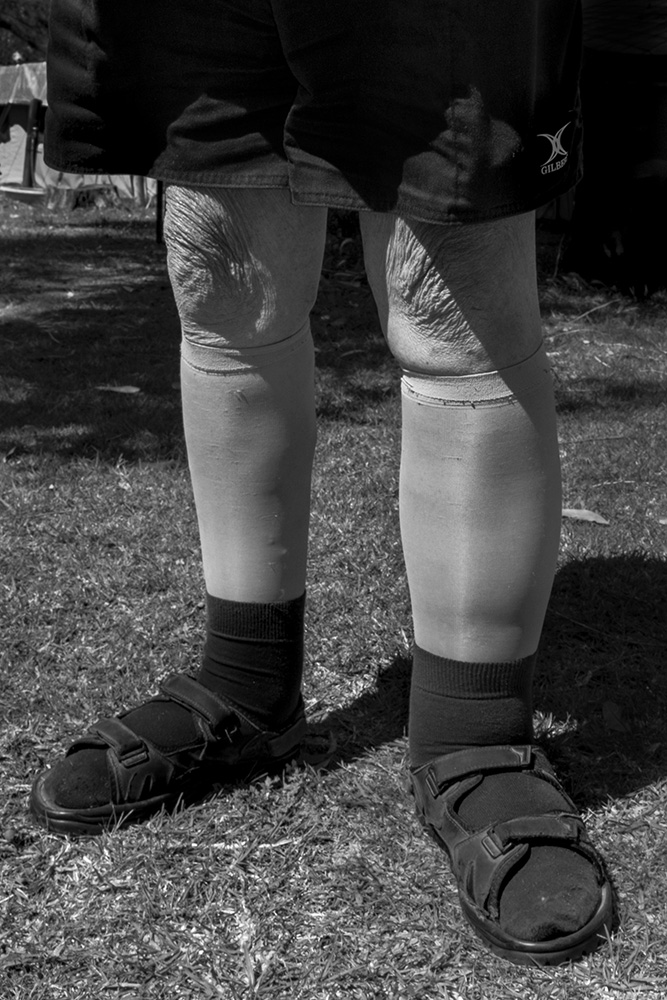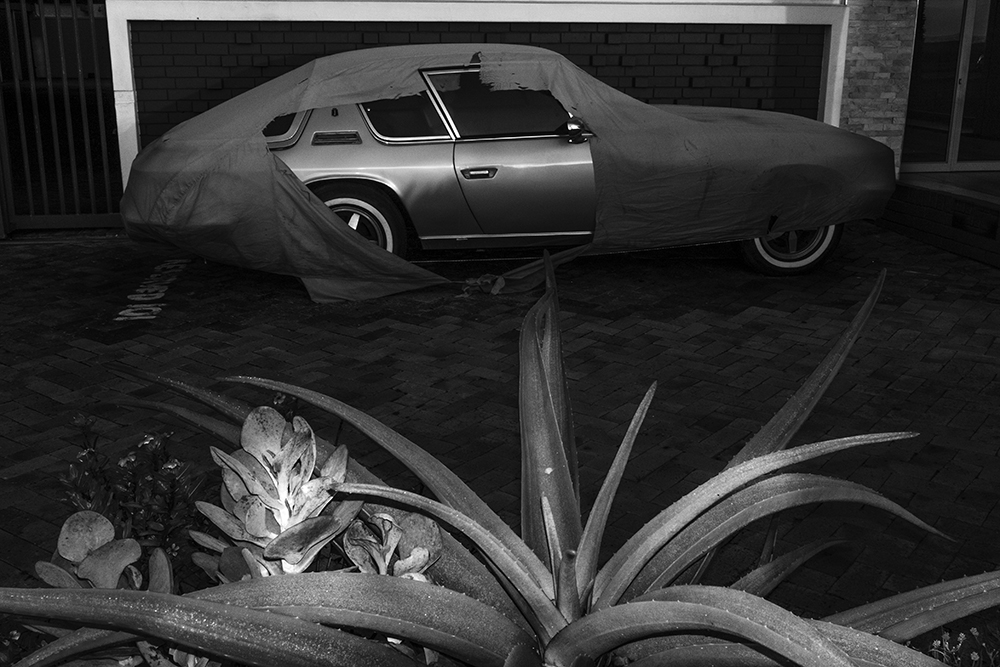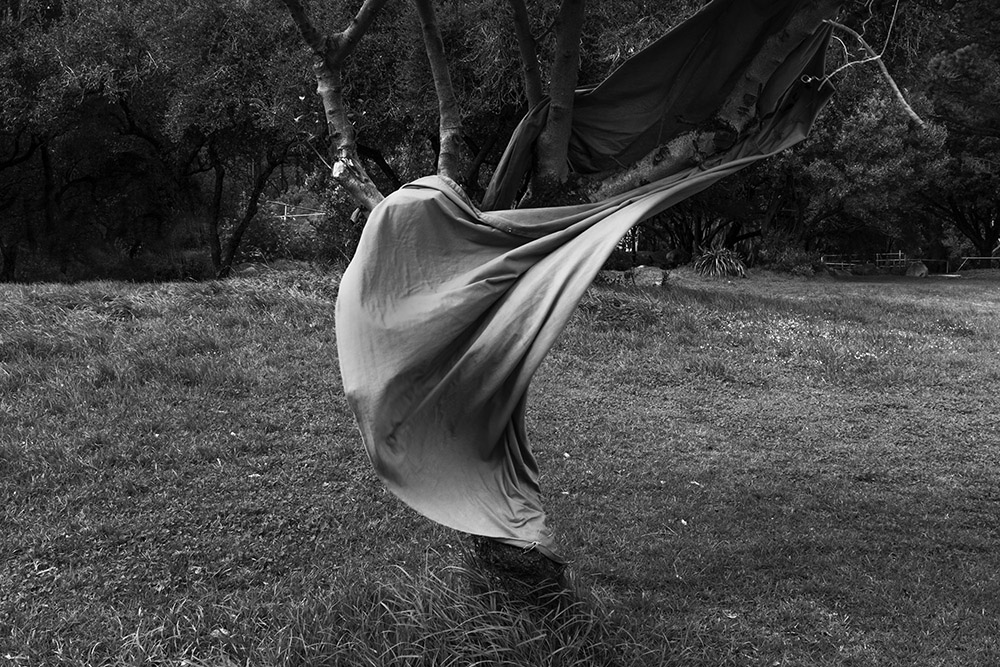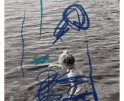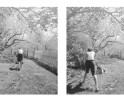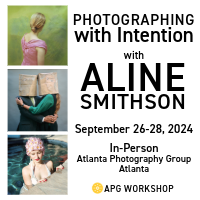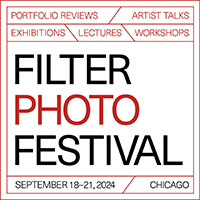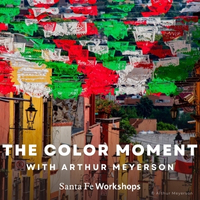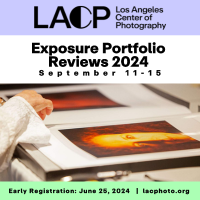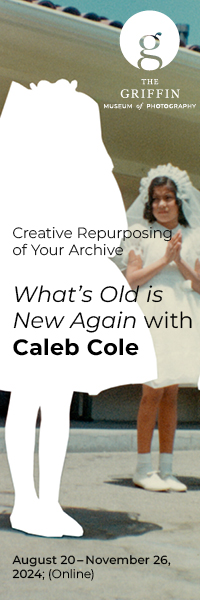Focus on South Africa: The Through the Lens Collective
In this second iteration of “Focus on South Africa” I wanted to include features on photography platforms, collectives, and teaching organizations in addition to artist profiles. In South Africa many photographers do not begin or advance their careers in secondary institutions, but rather through organized workshops, short courses, and extended mentorships. And while many Americans may be familiar with groups such as the Johannesburg-based Market Photo Workshop, a number of others have been established in recent years that are impacting the photography landscape in South Africa. These groups–and the networks of educators and mentors that work with them–are representative of a long-standing pattern of investing in and committing time to future generations of image makers that extends back to the Struggle era of the 1980s and 1990s and an “each one, teach one” practice among photography professionals. By learning more about the work of these groups we gain insight into the interests and concerns animating early-career photographers in South Africa, many of whom come from disadvantaged backgrounds that are traditionally underrepresented in the field, and who could not pursue the medium absent the support of the groups such as those profiled here. Two of the artists featured this week — Tshepiso Mazibuko and Jansen van Staden — have developed their work with support of Of Soul and Joy and Photo:, respectively. – Meghan Kirkwood
The Through the Lens Collective is a relatively new organization. The female-founded and managed group began in 2018 as what organizers describe as a “collaborative educational and developmental photographic space.” The collective works closely with all kinds of photographers, but focuses on individuals who have some experience with photography and are looking for the kind of direct feedback that will help them advance their practice. “A lot of the way we work,” says founder Michelle Loukidis “is very much one-on-one, in small classes.” The Collective’s focus on individualized attention, she says, “gives people an opportunity to really push their boundaries, experiment and work in as many ways possible.”
The versatile structure of the Collective distinguishes the group and allows them to do things that other educational organizations often struggle to do, such as maintaining long-term investments in and connections to their students’ practices. In addition to small courses, organizers provide career mentorship and professional training for their students. “It’s no use just training somebody and then leaving them,” Loukidis says, “You have to guide people through the next steps once you have created a body of work; like what do you do? What do you apply for?” The Collective also focuses on helping their photographers develop narratives and critical structures in their practice. In an article about the organization’s activities co-Director Michelle Harris says that Through the Lens sets out to “provide photography education that champions the power of the thinking picture: the kind of photograph in which concept, place, subject matter and technique purposefully coalesce in ways that elevate the photographer’s initial idea.” She continues, noting that the group seeks to support photographers who author, not just witness; and says “the idea that alternative and new narratives can be authored; with the power and responsibility of visual representation sitting (but not resting) firmly in the hands of local African photographers” drives the group’s interest.”
A recent exhibition of an advanced course student work exemplifies the energy and inventive nature of the group. The year-long program began in 2020, starting just as the pandemic hit. “We kind of took a very deep breath and thought damn, now what are we going to do?” Loukidis recalls, “But we got really interesting work, even though people were really stuck at home.” Participants produced a wide variety of work, brought together in an exhibition, “Pictures from the Inside.” Photographer Katlisho Tleane developed a series exploring the impact of labor migration on their family and themselves. They write that the images in “Nothing for Us Here,” are “a representation of my layered and geographically scattered sense of home, characterised by a questioning of one’s belonging, a persistent feeling of displacement, of not quite fitting into a space.” This is an experience, they note, that is increasingly common among black South Africans who are forced to leave rural areas to find work in urban centers. Another student, Tshepo Moloi, created a series exploring a contemporary housing development, Savannah City, and looks “at the illusion of security, comfort and privacy that is advertised and promised upon purchasing a new house in cluster home ‘developments’ such as Savannah City.”
In addition to small courses, Through the Lens Collective extends their photographic community by managing an active series of open-call exhibitions. In doing so, the group offers many young South African photographers an opportunity they might not otherwise have: having their early work curated into a professional exhibition. “If you are someone who’s just getting started, there really aren’t a ton of places for you to share your work, particularly as a young person” Loukidis says. Older photographers and alumni of the program often support the exhibitions by helping with printing costs for younger or less-experienced artists. Moreover, while the calls attract entries from across the country, the Collective also fields entries from all over the continent, which helps connect Through the Lens students to the broader African photographic community. The Collective also does direct outreach projects with students in their local community of Bez Valley. Currently, they are embarking on a pinhole project with local students, most of whom don’t have access to cameras or cell phones and have been unable to attend school because of local lockdowns.
In our conversation Loukidis reflected openly about the kind of synergy she and her co-Director feel for their work with the Collective. She identified a common sense of purpose among participants and a desire to pursue the medium that matched up with the enthusiasm she and Harris feel for looking at photographs. “We’re super photography nerds,” she says. “And I found at Through the Lens we are getting people that are really serious and interested in photography,” she says. Having the chance to work closely with these students helps her and Harris achieve their aim to support “visual artists that are going to be able to say something meaningful in the world by using the photographic medium.”
To learn more about the Through the Lens Collective you can access their website at https://www.throughthelenscollective.com/ and follow them on Instagram at @throughthelenscollective.
Meghan L. E. Kirkwood is a photographer who researches the ways landscape imagery can inform and advance public conversations around land use, infrastructure, and values towards the natural environment.
Kirkwood earned a B.F.A. from Rhode Island School of Design in Photography before completing her M.F.A. in Studio Art at Tulane University and PhD at the University of Florida. She currently works as an Assistant Professor of Visual Arts at the Sam Fox School of Visual Arts and Design at Washington University in St. Louis, where she serves as area head in Photography.
Kirkwood’s work has been exhibited internationally in solo and group shows at venues including Blue Sky Gallery (Portland, OR), Filter Space (Chicago, IL), Bangkok Art and Culture Center (Thailand), ArtSpace Durban (South Africa), Colorado Photographic Arts Center (Denver, CO), Rosza Art Gallery (Houghton, MI), Plains Art Museum (Fargo, ND), PH21 Gallery (Budapest), Midwest Center for Photography (Wichita, KS), Yost Art Gallery (Highland, KS), and Montgomery College (Tacoma Park, MD).
Her photographs are held in several private and public collections, including the RISD Museum of Art, the Museum of Contemporary Photography in Chicago, University of Idaho, Minot State University, North Dakota Museum of Art, and the University of Florida Genetics Institute. Her work has been featured in publications such as Lenscratch, Don’t Take Pictures, Oxford American, New Landscape Photography, Landscape Stories, Don’t Smile, and Ours.
She has received numerous awards and fellowships to support her research, including from the Crusade for Art Foundation, selection as a Center Santa Fe Top 100 Photographer, full fellowships for graduate research at University of Kansas, Tulane University, and University of Florida. She has also received full funding to participate in artist residencies through the National Parks Service, the Vermont Studio Center, and the Lakeside Lab.
In tandem with her studio practice, Kirkwood also researches in the fields of African art and the history of photography. She holds an MA in Art History from the University of Kansas, where she researched African monuments designed and built by North Koreans, a study that was published in A Companion to Modern African Art (eds. G. Salami and M. Visonà). Her dissertation examined the uses of landscape imagery by contemporary South African photographers. Her writing on photography has been published in Lenscratch, Social Dynamics, Exposure, and Photography and Culture.
Kirkwood is a native New Englander, but lives together with her family in St. Louis, Missouri. When not photographing or traveling, Kirkwood trains for and competes in marathons.
Posts on Lenscratch may not be reproduced without the permission of the Lenscratch staff and the photographer.
Recommended
-
Earth Week: Ian van Coller: Naturalists of the Long NowApril 22nd, 2024
-
Amy Lovera in Conversation with Douglas BreaultJanuary 23rd, 2024
-
Brittany Marcoux in Conversation with Douglas BreaultJanuary 22nd, 2024
-
Penumbra / Image Threads LTP: Adam Meeks and Raymond Meeks in ConversationSeptember 9th, 2023
-
Penumbra Foundation / Image Threads LTP: Again and Again: Ruth Lauer-Manenti and Evan Davis in ConversationSeptember 7th, 2023

